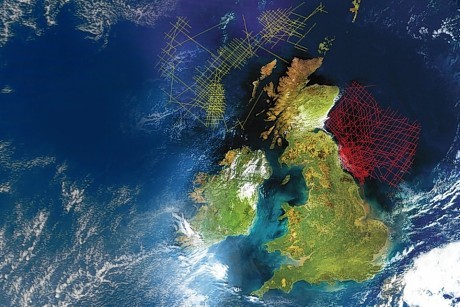
A strategy to cut UK greenhouse emissions from housing, businesses, transport and the power sector while boosting economic growth is set to be published by the Government.
As part of the clean growth strategy, £557 million has been pledged for new renewable electricity schemes such as offshore wind farms, which have seen costs halve in just two years, the Business, Energy and Industrial Strategy Department said.
The money will go into auctions for subsidy contracts, which guarantee a set price for the power generated by renewable projects.
The long-delayed strategy has to address how the UK will get back on track to meet legally-binding targets to cut emissions in the 2020s, which it is currently set to miss by a wide margin, and meet further legal targets by 2032.
Environmental law firm ClientEarth has warned of possible legal action if the strategy does not show how the targets will be met, which would mean the Government continued to be in breach of the UK’s climate laws.
The Government’s advisory Committee on Climate Change (CCC) warned in the summer that “urgent” plans were needed as the move to a low-carbon economy was in danger of being derailed by a lack of action by ministers.
To meet carbon targets cost effectively, 60% of new cars and vans must be electric by 2030, which would require stretching limits for emissions from new cars after 2020, financial support and rolling out recharging infrastructure, the CCC said.
Plans must include measures to ensure 25% of building heating is low-carbon by 2030 by supporting heat pumps, heat networks and “green” gas supplies, and to bring forward more low-carbon power and energy efficiency.
Efforts to develop technology to capture and store carbon emissions from power plants and heavy industry must also be restarted.
Committee chairman Lord Deben has warned there are economic opportunities in the shift to low-carbon, but unless the UK has a clear path, investors would invest in other countries.
Figures show the UK’s green economy is already worth £46 billion, more than the UK’s chemicals, car, pharmaceuticals and aerospace industries combined, and 430,000 people are employed in the low carbon sector and its supply chains.
